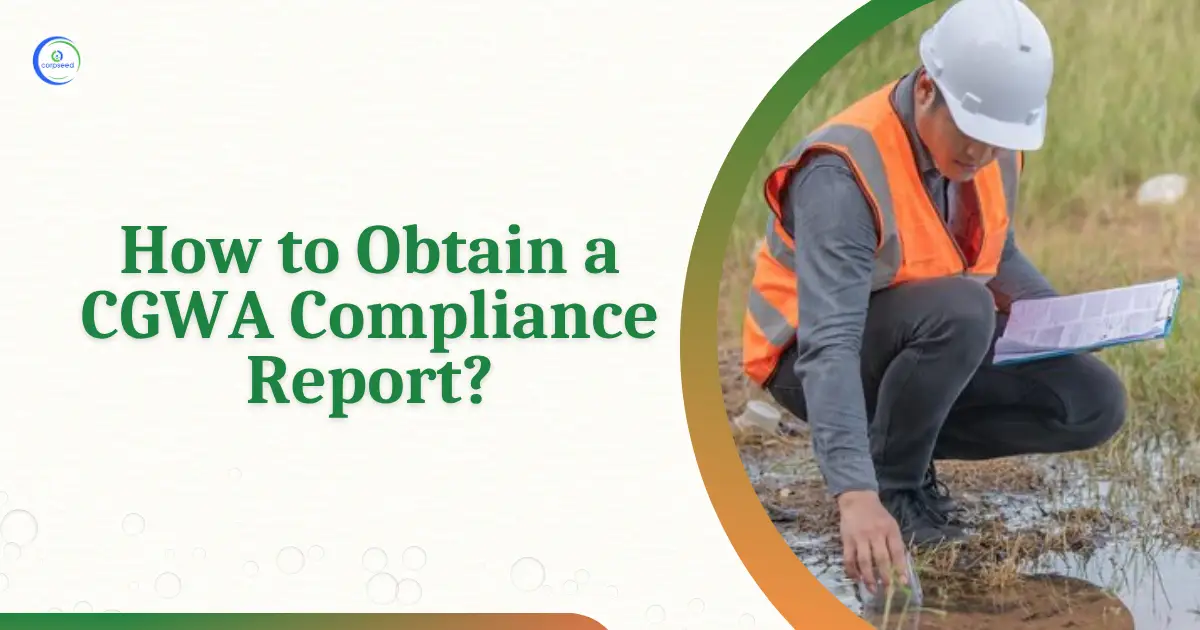Introduction
One important project to simplify and control the movement of Timber around the nation is the National Transit Pass for Timber Movement. This pass is a complete solution to guarantee sustainable and legal timber movement. It was created to address the issues related to the timber sector.
It has been designed to enable the smooth movement of timber and includes sophisticated tracking and monitoring features to closely monitor the transportation process. This encourages ethical forestry practices while also reducing illicit logging and trading. The pass is evidence of the government's dedication to sustainable resource management and environmental preservation.
Table of Contents
--------------Blog Contact Form-------------
Authorities can efficiently regulate and oversee the timber supply chain, preventing unauthorized exploitation and promoting openness in the sector, by requiring the use of the National Transit Pass. By promoting cooperation among law enforcement, regulatory agencies, and forestry stakeholders, this project unites efforts to protect the country's forests.
Apart from its positive impact on the environment, it also fosters economic expansion by guaranteeing the legitimacy of the timber trade, bolstering investor assurance, and encouraging an equitable and responsible market. In the end, this project represents an important step towards striking a balance in the field of timber management between ecological preservation and economic development.
National Transit Pass for Timber Environment: Objectives
The National Transit Pass for Timber has been thoughtfully crafted with a range of aims in mind, all of which are focused on encouraging environmental sustainability in the timber sector. First, by enforcing strict monitoring and tracking procedures, the pass aims to prevent illegal logging and stop activities that lead to habitat loss and deforestation. Thus, biodiversity is maintained, and fragile ecosystems that depend on trees for their ecological balance are protected.
Second, the pass attempts to minimize the industry's carbon footprint by optimizing and regulating the routes used for the transportation of timber. In line with more general objectives to mitigate climate change, the program helps to lessen the environmental impact of the movement of timber by encouraging effective logistics and transportation methods.
In addition, it promotes sustainable harvesting and replanting techniques as well as ethical forestry practices. The effort seeks to preserve the ecological services-such as carbon sequestration, watershed protection, and soil conservation-that these ecosystems provide by encouraging the preservation of forests.
It essentially emphasizes a comprehensive strategy for environmental stewardship in the timber sector. By pursuing its goals, the project not only protects natural resources but also adds to the greater global endeavor to strike a sustainable balance between economic endeavors and environmental conservation.
National Transit Pass for Timber Movement: Key Features
The National Transit Pass for Timber Movement is a comprehensive program that includes several essential elements to guarantee efficient oversight, sustainability, and openness in the timber sector.
- Advanced Tracking Technology
Modern tracking technology is integrated into the National Transit Pass as one of its main features. Every timber shipment has RFID and GPS technology installed, allowing for real-time movement tracking. This helps avoid unapproved detours and also provides useful information for evaluating the effectiveness of transportation.
- Regulatory Compliance
A uniform framework for regulatory compliance in the transportation of timber is established by the pass. It requires all parties involved to follow established protocols and legal obligations, guaranteeing that timber movements comply with environmental laws and sustainable forestry methods.
- Environmental Impact Assessment
Each timber shipment must undergo a comprehensive environmental impact assessment before the National Transit Pass is issued. This guarantees that adverse impacts on water bodies, ecosystems, and other environmental elements are reduced during the transit process. It encourages a comprehensive comprehension of the environmental effects of timber movement.
- Timber Certification
The pass incorporates procedures for timber certification, confirming the legitimacy and sustainability of the wood that has been gathered. To promote a market for timber supplied sustainably and deter unlawful logging activities, only certified timber products are permitted for transportation.
- Inter-agency collaboration
It promotes cooperation between several authorities, such as forestry departments, law enforcement, and environmental protection agencies, to improve enforcement and oversight. This cooperative strategy tackles issues related to illicit activity while enhancing the initiative's efficacy.
- Community Engagement and Awareness
The program places a strong emphasis on community involvement by asking neighbors to keep an eye out for and report any suspicious activity. This helps to raise locals' understanding of the value of sustainable forestry practices while also improving the surveillance network.
- Penalties for Violations
Its laws have strict penalties and punishments listed for violators. This guarantees that all parties involved take their responsibilities seriously and serves as a deterrent against illicit activity.
To summarize, the National Transit Pass for Timber Movement combines technology, legal frameworks, certification procedures, environmental assessments, teamwork, community involvement, and sanctions to build a strong system that encourages ethical and sustainable timber transportation, fights illicit logging, and reduces environmental impact.
Procedure for obtaining National Transit Pass for Timber Movement
Securing a National Transit Pass for Timber Movement necessitates following a methodical process to guarantee adherence to environmental laws and sustainable forestry methods. The process, which involves several stakeholders, is intended to be open, effective, and accountable. This is a detailed how-to:
- Application Submission
The National Transit Pass application is where timber transporters start the application procedure. Usually, this entails giving information on the timber's origin, quantity, final destination, and logistics of transit.
- Documentation Verification
The supplied documents are verified by relevant authorities, like environmental agencies or forestry departments. This includes verifying the timber's legality, making sure sustainable harvesting methods are followed, and approving the environmental impact assessment.
- Environmental Impact Assessment (EIA)
To evaluate the possible environmental effects of timber transportation, an EIA is carried out. This includes assessing the effects on water bodies, ecosystems, and other environmental elements. The outcomes guide the decision-making process for the transit pass's issuing.
- Certification Check
To receive certification, timber products must pass legality and sustainability norms. It allows for the movement of only certified timber.
- Technology Integration
Modern tracking devices, such as GPS and RFID tags, are attached to the timber cargo to enable real-time tracking while it is being transported. The timber movement's accountability and traceability are guaranteed by this technology.
- Issuance of National Transit Pass
It is provided after all paperwork has been successfully verified, environmental regulations have been met, and tracking technology has been integrated. The transportation of the timber from the point of origin to the specified destination is authorized in writing by this pass.
- Community Engagement
The monitoring method may involve local communities, and it is encouraged for them to report any questionable activity about the shipment of timber. Participation from the community improves supervision and encourages ethical forestry practices.
- Inter-Agency Collaboration
Relevant agencies, such as forestry departments, law enforcement, and environmental protection agencies, work together throughout the process. This cooperative endeavor guarantees an all-encompassing and efficient supervision framework.
- Enforcement and Penalties
Any infractions of the National Transit Pass restrictions are subject to severe fines. Penalties for unlawful logging, unapproved diversions, and disregard for environmental regulations fall under this category. To prevent and deal with these infractions, enforcement measures are in place.
This Pass seeks to promote sustainability, environmental protection, and responsible forestry practices by monitoring and regulating the transportation of timber through the use of this structured process.
Read Our Blog: National Transit Pass System
Conclusion
To sum up, the National Transit Pass for Timber Movement is an essential tool for bringing about a revolution in the timber sector. This initiative tackles the urgent problems of illegal logging and unsustainable forestry practices by combining cutting-edge tracking technology, strict regulatory frameworks, and cooperative efforts among stakeholders. The pass promotes accountability and transparency across the supply chain in addition to guaranteeing the sustainability and legality of the movement of timber.
By emphasizing environmental impact assessments, community involvement, and interagency cooperation, this Pass aims to foster a responsible forestry culture rather than just enforcing regulations. The pass promotes the delicate balance between commercial interests and environmental preservation by acting as a catalyst for change highlighting the significance of certified timber and implementing fines for violators. Essentially, it signals the beginning of a new era in which the transportation of timber is not just a business venture but also an ethical activity that protects our forests, biodiversity, and the planet's general health.
This portion of the site is for informational purposes only. The content is not legal advice. The statements and opinions are the expression of author, not corpseed, and have not been evaluated by corpseed for accuracy, completeness, or changes in the law.
BOOK A FREE CONSULTATION
Get help from an experienced legal adviser. Schedule your consultation at a time that works for you and it's absolutely FREE.









